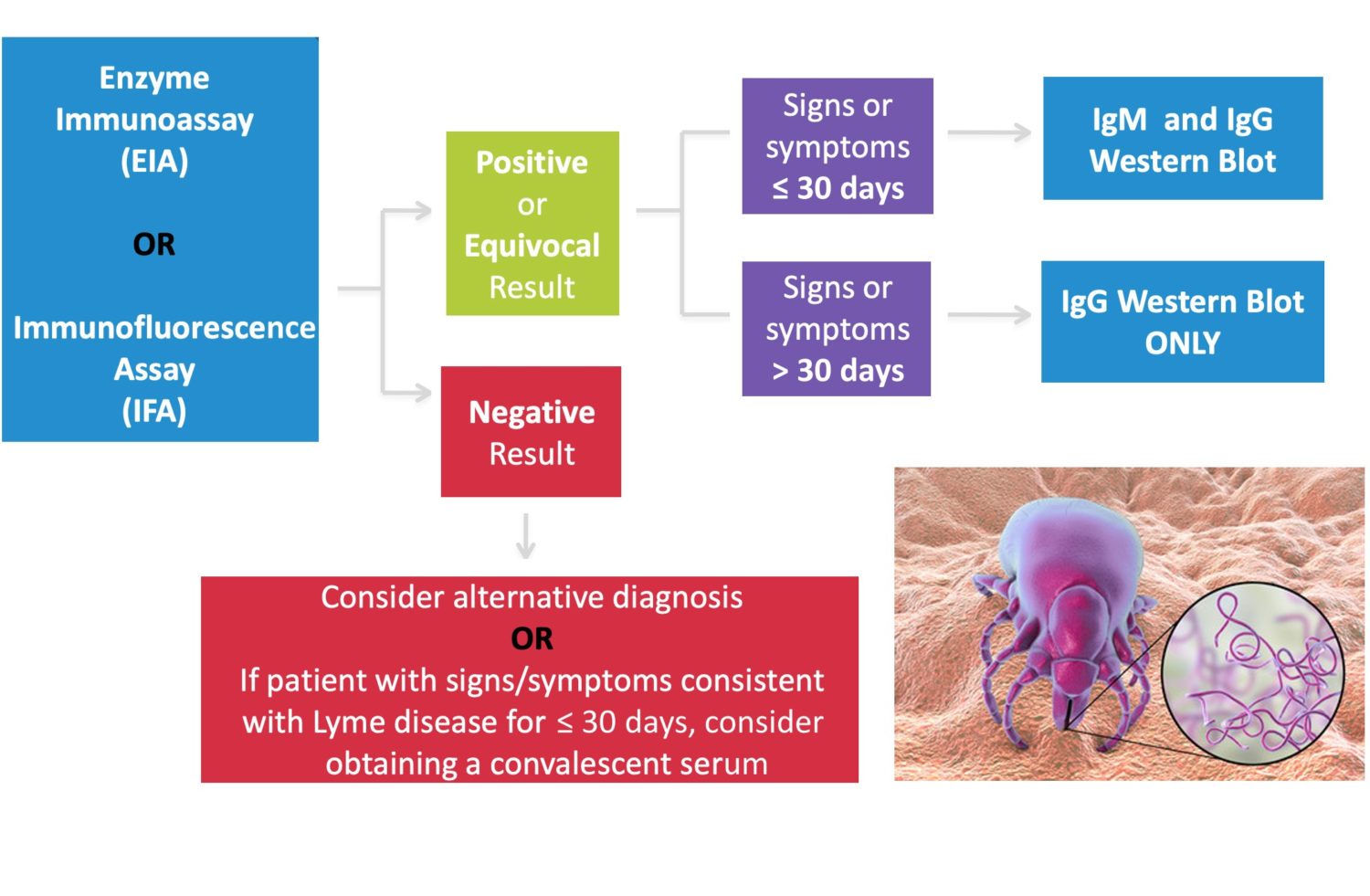Preventive Medicine
Comprehensive Blood Testing
Keep track of your overall physical well-being
Getting tested periodically can allow you to see the way your body changes over time and empower you to make informed decisions about your health.

Your guide to customized optimal nutrition.
Micronutrients
Micronutrients, as opposed to macronutrients (protein, carbohydrates and fat), are comprised of vitamins and minerals which are required in small quantities to ensure normal metabolism, growth and physical well‐being.
Your genetics, aging, lifestyle, chronic illness, and medications all affect your cellular nutrient absorption. The intracellular portion of Vibrant’s micronutrient test takes all the above factors into consideration to identify your cellular nutrient absorption status. This test can reveal a person’s functional nutritional status over a much longer time (4-6 months) than extracellular testing.
Macrominerals are needed in larger amounts and include the following: Calcium Magnesium Phosphorus Sodium Potassium. Microminerals are only needed in trace amounts and include the following: Iron Copper Iodine Zinc Fluoride

Lyme disease
Lyme disease is a bacterial infection. Specific types of ticks carry the borrelia burgdorferi bacterium that causes Lyme disease.
A blood test for Lyme disease measures the level of antibodies in the blood. These antibodies are produced by the immune system in response to bacterial infection. However, these antibodies may not show up in the blood for five or more weeks.
Even with a negative blood test for Lyme disease, treatment with antibiotics is often prescribed if there is reason to believe Lyme disease is present. In these situations, another test is normally performed a week or two after the first test to see if the antibodies have developed. Small amounts of these antibodies will continue to be present in the blood for many years after the infection is gone.

Food Sensitivity
Food Sensitivity is an array of 180 commonly consumed food antigens which offers very specific antibody-to-antigen recognition. This panel measures an individual’s IgG and IgA sensitivity to food antigens. Being able to test IgA antibodies provides additional information to foods that may be causing mucosal damage. Additionally, this test is ideal for patients who might be suffering from delayed reactions to certain foods. Using an antibody-based food sensitivity test can help prioritize the necessary foods to eliminate and create a customized diet plan around the patient’s specific needs.
Why Test Food Sensitivities?
Food Sensitivity testing can be very useful to help prioritize an elimination or rotation diet. Usually removing foods that the body has produced antibodies to will alleviate symptoms, because the source of inflammation is removed. The ideal time course for elimination is not established. Consider magnitude of antibody response, ½ life of antibodies, patient’s current dietary intake, level of motivation, status of mucosal integrity, and remission and/or progression of symptoms.